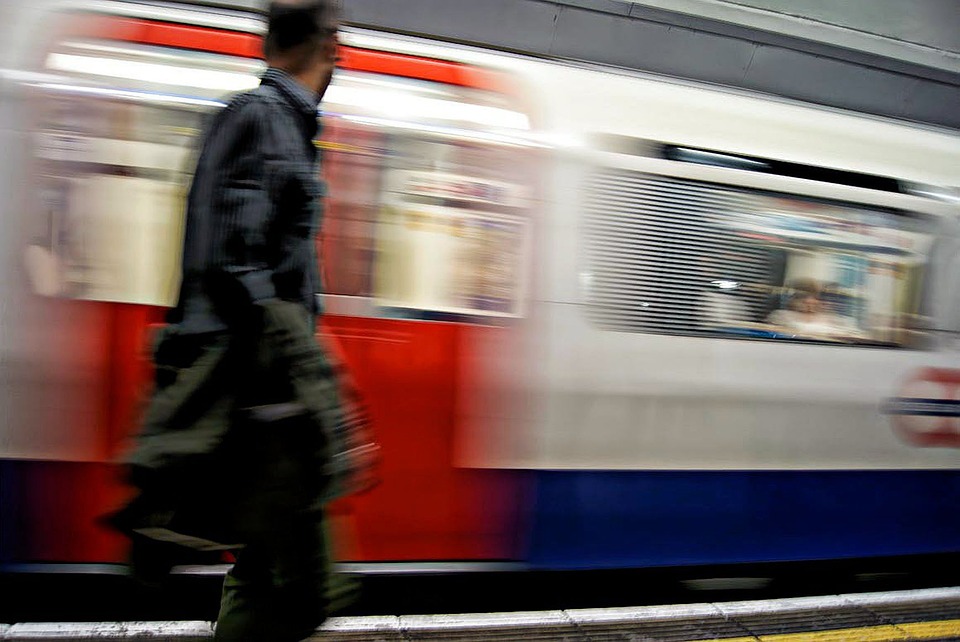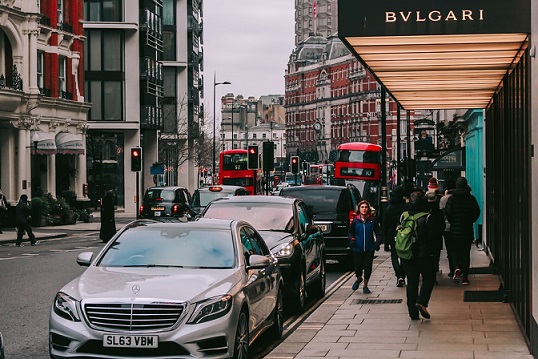Migration is: ‘The geographical displacement of individuals or groups, generally for economic or social reasons.’ But there is no word for forced migration in the dictionary.
That is because enforced migration is not what happens when an immigrant chooses to travel and decides to make the crossing to a foreign country, with a different language and culture.
They move out of necessity: because of war, death threats, torture, rape, or to escape from a dictatorship or from poverty… or more precisely, because their human rights have been violated. Those rights that many people think are not violated in the UK or other countries of the European Union (EU), which in comparative terms, may be true sometimes.
But even if they have freed themselves from the horrors in their own country, they must face another situation: the contradiction with the official discourse of European governments about solidarity and respect for human dignity.
As a 25 year-old journalist, I decided to emigrate from my own country, Spain, because my government decided to go on supporting corruption and failing to understand our younger generation.
Until a few years ago, when the economic crisis broke, Spanish people used to be tourists in the UK.
But the situation now is completely different, we are coming to look for the kind of work which in a long tradition of migration used to be done by other nationalities.
 I am an immigrant in the UK, because like a lot of my fellow Spaniards I had to move from an intolerable economic situation. Nevertheless, unlike many others, I still retain many privileges by being a European citizen.
I am an immigrant in the UK, because like a lot of my fellow Spaniards I had to move from an intolerable economic situation. Nevertheless, unlike many others, I still retain many privileges by being a European citizen.
As EU citizens we don’t have problems getting a visa, nor limits in how long we can stay, nor problems in accessing the National Health Service.
And indeed we don’t need to work unofficially, put up with harassment and humiliation from dictatorial bosses, or feel persecuted by the authorities, or be afraid to go out in case we end up in a detention centre, or have to keep our money under the mattress, to fear sitting at a bus stop in case the come to check our papers, or feel impotent when friends or workmates are caught in a raid.
But still, having to emigrate brings with it a loss of identity, something which Latin-Americans, Africans and Asians have been living with for years.
Now it is affecting us, having to learn a language under pressure, and being obliged to accept any work we can find in order to make a living in this city: things that once upon a time we would never have accepted.
 Because now we are no longer tourists who come to see Big Ben, or buy little red phone boxes as souvenirs for our families: we have become immigrants although ‘legal’ ones.
Because now we are no longer tourists who come to see Big Ben, or buy little red phone boxes as souvenirs for our families: we have become immigrants although ‘legal’ ones.
A word which is often used and has come to mean that we have the papers we need to cross an invisible frontier.
It is a frontier which the ‘illegals’ cannot cross, even though their papers are in order and they have no criminal record.
And all this is despite the fact that the UK and other European countries have been exploiting their lands for years, and continue to do so. These ‘illegals’ are stigmatized in the media and in the speeches of politicians, and are unwelcome in this multicultural city, in the home of democracy.
We talk about these people from ‘developing countries’ – as if their centuries of history were not sufficient development – and classify them as good or bad depending on whether they are legal or illegal.
Those who are classed as illegal are kept apart from society, excluded from being able to move freely and the freedoms to which we all should have access.
Because they have been branded with their country of origin, which marks them out as immigrants when they set foot on European soil.
(Translated by Graham Douglas – Email: catalysistranslations@outlook.com) – Photos: Pixabay













.jpg)












